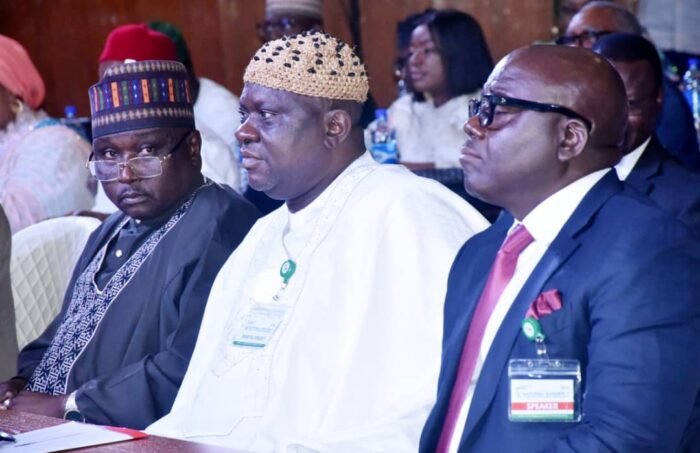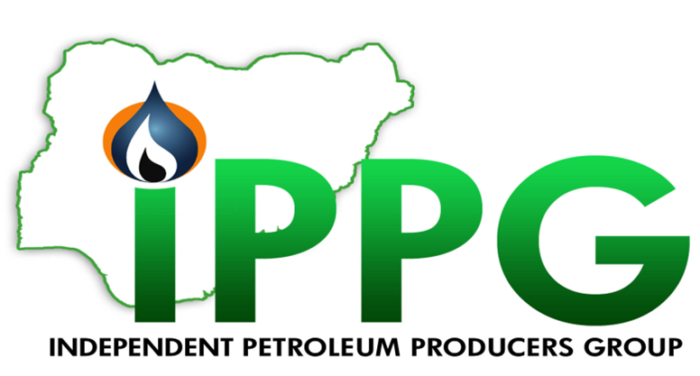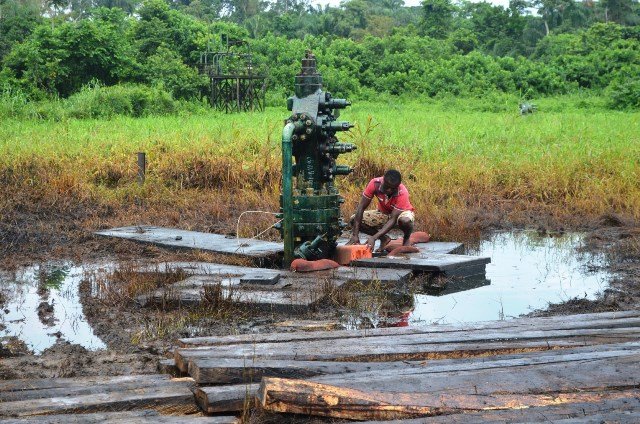Petroleum tanker drivers back Tinubu’s agenda for oil sector
By Emmanuella Anokam The Petroleum Tanker Drivers (PTD) union has urged its members across the country to go about their normal duties in actualising the Renewed Hope Agenda of the President Bola Tinubu as it concerns the oil sector. President of the union, Mr Lucky Osesua, gave the charge inContinue Reading





















